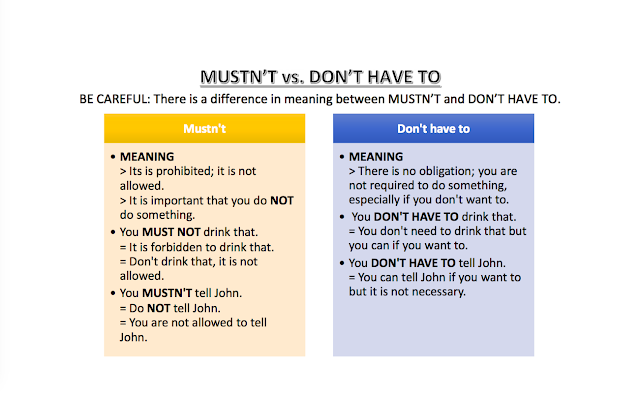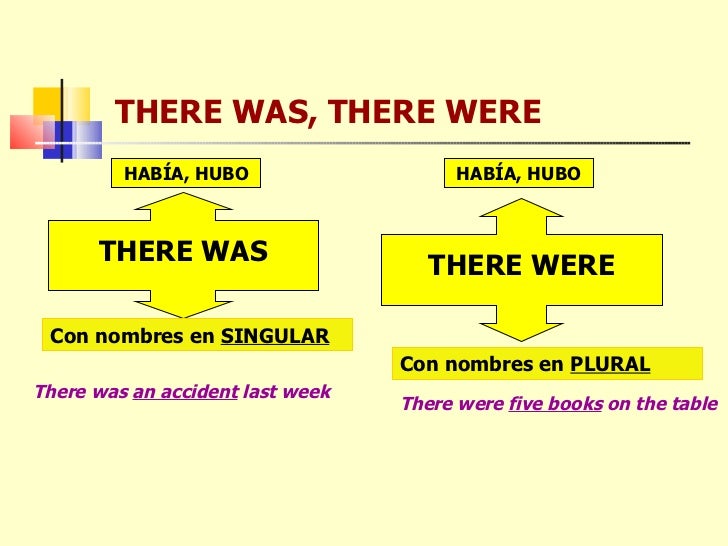In English, there are words that link positive or negative phrases or ideas with the meaning ‘this is also true‘. In the case of positive statements, they are: ‘and‘ ‘also‘, ‘as well‘, ‘too‘, ‘so‘, ‘in addition‘, ‘furthermore‘, ‘besides‘, ‘moreover‘, ‘what is more‘, ‘not only.... but also...‘, etc. . Although, these words have the same meaning, they are used in different positions in a sentence.
Also, as well, too
These three words mean ‘in addition’. We use them in positive sentences:
- I like basketball and I also like football.
- I like basketball and I like football too.
- I like basketball and I like football as well.
The main difference is their position in a sentence.
Also
‘Also’ is commonly used in writing, but is less common in speaking. It occupies different positions in a sentence.
‘Also’ is usually used:
— before the main verb (often between an auxiliary and a main verb)
- Jill walks to school, and Sara also walks to school.
- I love chocolate. I also love pizza.
- I can also speak French.
- I have also been there.
— after the verb ‘to be‘
- I am also Canadian.
- I was also there.
We can use ‘also’ in front position to emphasize what follows or to add a new point or topic:
- It’s very humid. Also, you can easily get sunburnt.
Too
‘Too’ has the same meaning as ‘also‘ adding an agreeing thought. It’s usually used at the end of the sentence:
- I love chocolate. I love pizza too.
- Frank can come with us. Nancy can come with us too.
‘Too’ can occur immediately after the subject, if it refers directly to the subject:
- We, too, have been very pleased to be there.
‘Too’ is especially common in responses to fixed expressions (such as wishes), and in responses consisting of a single object pronoun:
- Enjoy your time! – Yeah, thanks! Enjoy your evening too.
- I hate mushrooms. – Yeah, me too.
As well
‘As well’ is very similar to ‘too‘ in terms of meaning and position in a sentence. It is used much more common in speaking than in writing, and is more common in speaking than ‘also’.
‘As well’ is used at the end of the sentence:
- I’ll have steak please. And I’ll have vegetables as well.
- My mother can’t drive a car. – My mother can’t drive as well.
‘Too’ and ‘as well’ are common in spoken and informal British English. (‘As well’ sounds formal or old-fashioned in American English.)
Here’s a picture to summarize this information:












.gif)













.gif)